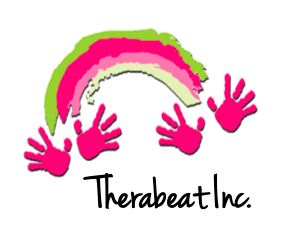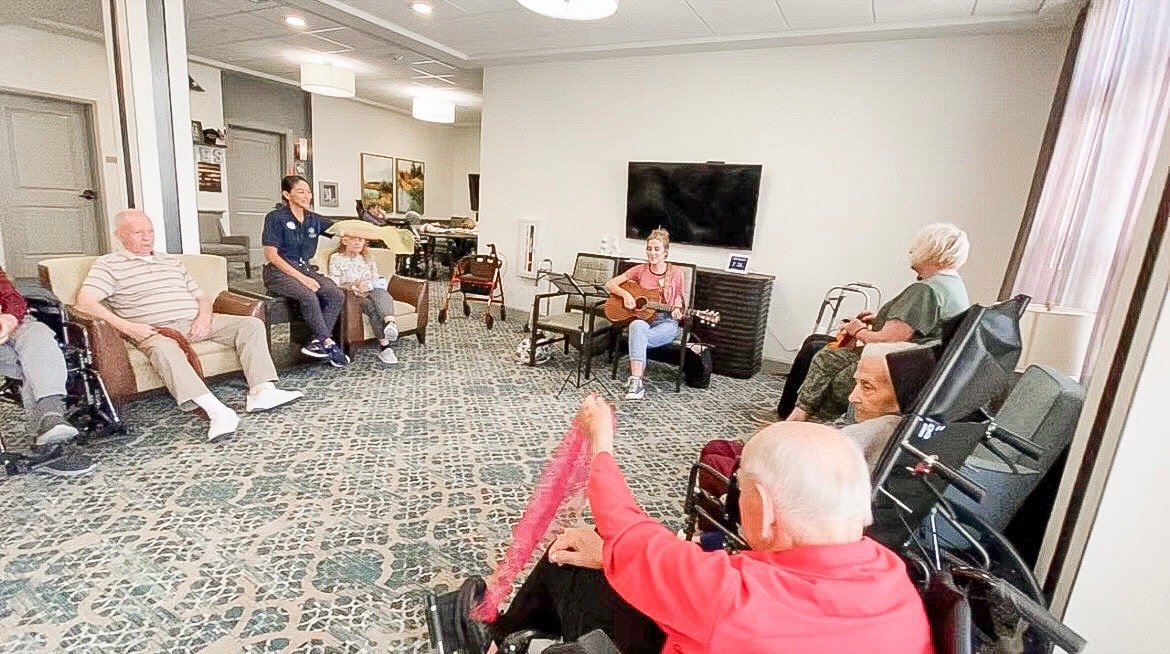A TBI, or traumatic brain injury, is caused when a sudden injury or trauma damages the brain. This can cause mild, moderate, or severe damage, which may be permanent depending on the severity. According to Johns Hopkins Medicine, there are two types of TBI: those being penetrating, which occurs with a break in the skull and closed, which occurs when there is an injury directly to the brain in the enclosed skull caused by shaking. There are a multitude of causes, the most common being falls, motor vehicle accidents, assaults, and being struck by or against a blunt object. Traumatic brain injuries can cause symptoms such as paralysis in facial muscles, loss of smell, taste, hearing, or vision, memory loss, comas, clumsy movements, etc. Depending on the severity of the TBI, individuals may not be able to recover fully.
Music therapy can be a beneficial tool for recovering some of the symptoms caused by TBI. According to a mini-study conducted in 2023, music therapy was beneficial for improving gait, speed, stride length, and balance. The researcher, Ghai, selected individuals and had a randomized control group that did not receive MT and a group that did. The individuals who received music therapy showed success and more rapid improvement in areas involving gait and gross motor movements. Various techniques of music therapy were used to treat these clients, including rhythmic exercises, predetermined frequency of rhythm, high and low-pitched tones, and neurological music therapy techniques.
In a different study conducted by Wheeler (et al.,), the researchers attempted to uncover how music therapy affects the mood and emotional behaviors of individuals who have suffered from a TBI or stroke. The study was conducted with ten different participants who suffered from a stroke or TBI at the same rehabilitation center. Each of them had a moderate to severe diagnosis. The music therapy sessions each had a structure of an “opening activity” focused on feelings, and after, music therapists used singing, instrumental songs, lyric substitution, lyric analysis, etcetera, to work on addressing heavy feelings and discuss new techniques for emotional expression. The researcher’s conclusion indicated that individuals who received more music therapy sessions had improved emotional regulation and expression as opposed to individuals who had few sessions completed. Music therapy can be a tool for individuals suffering from TBIs. As addressed, emotional and motor needs are two of the several major areas of need for individuals who have experienced a traumatic brain injury.
- Mallory McDonald, Music Therapy Intern
References
Ghai, S. (2023). Does Music Therapy Improve Gait after Traumatic Brain Injury and Spinal Cord Injury? A Mini Systematic Review and Meta-Analysis. Brain Sciences (2076-3425), 13(3), 522. https://doi.org/10.3390/brainsci13030522
Mayo Foundation for Medical Education and Research. (n.d.). Traumatic brain injury. MayoClinic.https://www.mayoclinic.org/diseases-conditions/traumatic-brain-injury/symptoms-causes/syc-20378557
U.S. Department of Health and Human Services. (n.d.). What causes traumatic brain injury (TBI)?. Eunice Kennedy Shriver National Institute of Child Health and Human Development. https://www.nichd.nih.gov/health/topics/tbi/conditioninfo/causes#
Wheeler, B. L., Shiflett, S. C., & Nayak, S. (2003). Effects of Number of Sessions and Group or Individual Music Therapy on the Mood and Behavior of People Who Have Had Strokes or Traumatic Brain Injuries. Nordic Journal of Music Therapy, 12(2), 139–151. https://doi.org/10.1080/08098130309478084








